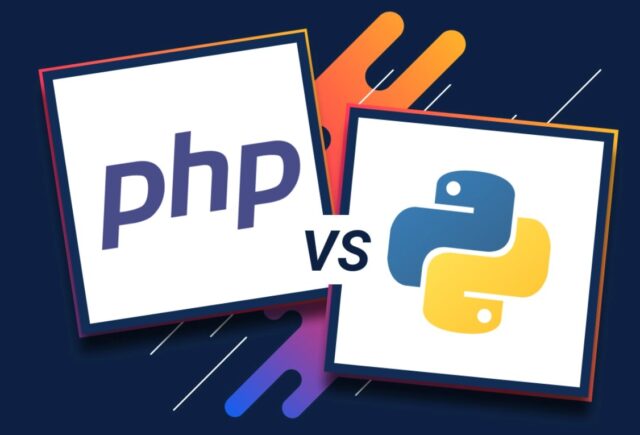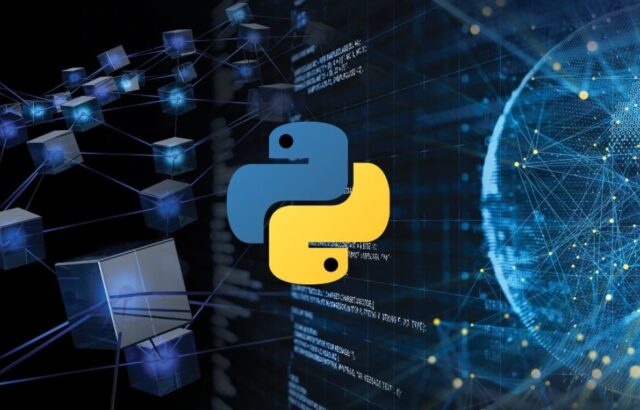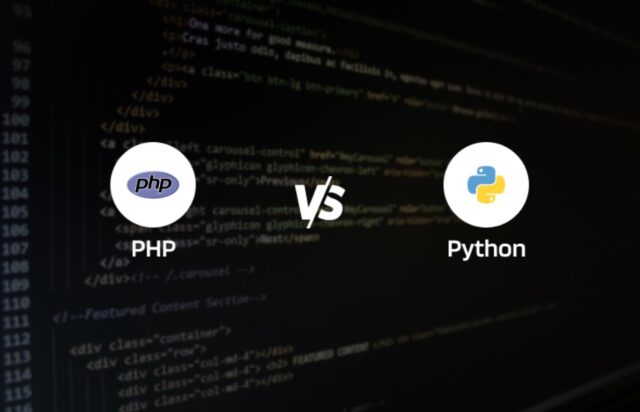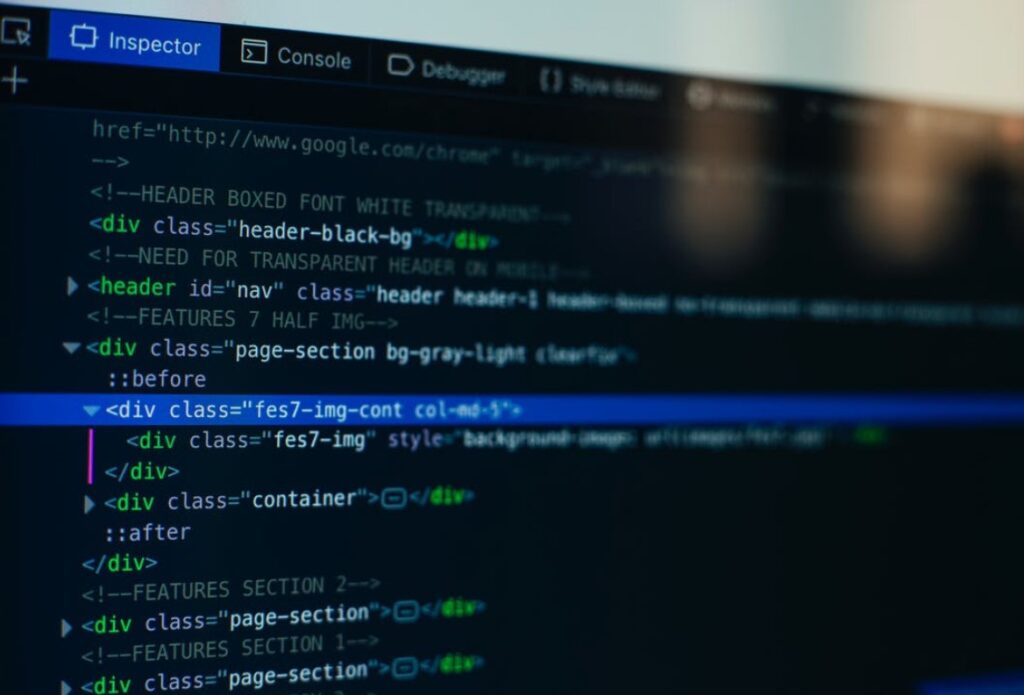
A massive influx of user demands has made the necessity for the development and implementation of new and innovative software solutions. Not only should these tools scale up and down according to the changing user needs, but they should also deliver a sophisticated experience and drive company profits 24/7.
With that in mind, you need to create a solution that will run your business to its full potential. Only by opting for the right technology can you make sure that your software is highly scalable, flexible, effective, and versatile. Here we are going to overview two technologies that may help you achieve this transformation and meet with success. Let’s delve into the details below!
What exactly is PHP technology?

Introduced by Rasmus Lerdorf in 1994, it was a general-purpose scripting language embedded in HTML. Being an open-source language, it allows development teams to create solutions in different areas including client-side scripting, web application development, command-line, desktop apps, and so on.
Not only is it extremely flexible, but it is also an ideal solution for implementing complex functions and features catering to any business needs. Moreover, it supports popular Content management systems like Joomla, Drupal & WordPress, running efficiently on the server-side. Today, up to 80% of all websites run PHP technology.
Key features of PHP technology
Let’s grasp some key features of mentioned above technology:
- Cross-platform compatibility: PHP technology runs Being a multi-platform technology, it runs on any operating system. Moreover, development teams can integrate it with various databases without the need to be re-implemented. This significantly saves a lot of resources.
- Security: Having a security layer, it protects software solutions against potential viruses and security threats. Not only does it help to eliminate common security pitfalls, but it also enables development teams to create proper error reports and catch mistakes on time. Moreover, it opens up ample opportunities to encrypt the data and apply validation.
- Real-time access monitoring: PHP technology allows developers to overview a summary of user’s recent logging accesses.
- Maintenance: Code maintenance is a crucial aspect in the development process when it comes to creating large-scale projects. Thanks to PHP’s MVC (Model View Controller) approach, the development team can deal with changes at any new stage without bargaining the site speed or user experience.
- Performance: Only by utilizing its own memory can PHP technology reduce the server workload and loading time. This results in faster processing speed and better performance.
Click here for more details
What exactly is Python technology?

Designed in C, Python technology is known as an object-oriented programming language. Moreover, being a high-level programming language by nature, it enables developers to build both simple as well as complex software solutions.
Whether you want to create custom big data solutions, complex scientific applications, or AI-powered solutions, Python is an attractive option for you. According to Stackoverflow, Python is the most preferred language which means that a great number of software engineers apply Python in the development process.
Moreover, companies such as NASA, Google, Netflix, Spotify, and many more opt for this technology to power their services.
Key features of Python technology
Let’s take a closer look at what features Python technology brings:
- Free and open-source: Being a completely free technology, it can meet any business requirements with a plethora of frameworks, databases, libraries, and development tools. This significantly reduces software development and provides more reliability and flexibility.
- Multiple programming paradigms: Fully supporting object-oriented and structured programming, Python equips development teams with the ability to implement large and complex software solutions.
- GUI programming: With Python, developers can apply GUI frameworks to create interactive GUIs and enhance the functionality of your solution. Not only does it help you increase the reputation of your solution, but you can also significantly increase the user base.
- Compatibility: Supporting a variety of operating systems, development teams utilize this technology to run the code on specific platforms and tools. Moreover, they can run the same code on multiple platforms without recompilation that drastically increases the development time.
- Test-driven development approach: With Python, you can adopt a test-driven approach. Not only does it help you plan your code with tests in mind, but it also allows you to refactor code with confidence. Moreover, it enables developers to easily check if the new code breaks old code.
PHP vs Python: What technology to opt for in 2025?

Here we are going to compare these two languages and help you make a wise decision on which technology to opt for when creating a new software solution.
Performance
After the release of PHP7, PHP technology has become faster thanks to updating the preloading feature. In terms of the simplified common lines of code, script execution goes quickly and code becomes cleaner and faster.
Moreover, when it comes to processing huge amounts of data, PHP’s high speed may greatly improve performance. This makes Python lose to PHP in terms of performance – Python technology does not suit software solutions that require high execution speed.
Scalability

The ability of the software solutions to grow and change with the user’s demands is a must in today’s digital landscape. Being a scripting language, Python supports rich and powerful data structures and allows developers to integrate them quickly and easily to bring new features.
With that in mind, Python-based solutions leave room for changing requirements and provide more scalability. As for PHP, it offers diverse features as well to deliver very fast, safe, and scalable solutions without unplanned faults.
Security
Thanks to PHP’s built-in security capabilities, development teams can make their software solutions secure. However, a large number of PHP-based solutions have security issues due to old coding practices and bad code.
In contrast to PHP, Python technology is known as the top secure programming language. Not only does it help you keep sensitive user or business data secure, but it allows development teams to build in-depth and complex software solutions with great security possibilities in mind.
Learning Curve

Having an easy-to-understand coding syntax, PHP technology is comfortable to work with. However, if software engineers are well-versed in C or Pearl languages, PHP is much easier to learn in terms of these languages’ similarities. As for Python technology, it has a very steep learning curve. Being very readable with considerably easy syntax, Python grants a more pleasant experience when you are taking the first steps in programming,
Popularity and Community support
Both Python and PHP are considered to be popular technologies when it comes to the development process. Backed up by a strong community, PHP has robust documentation and a huge community of developers who can provide support.
As for Python, it also has a great number of active supporters aiming not only to maintain and enhance it but share experience and search for practical solutions. With that in mind, both Python and PHP are particularly beneficial for novice software engineers if they need guides or manuals as well as specific advice on creating software with technologies.
Bottom line: Ready to make a shift to the right technology?

In today’s fast-paced business environment, more and more businesses are moving online. Thanks to online software solutions, they can improve their business flow and save both time and money.
However, when it comes to developing a new product, opting for the right technology is imperative to launch a business successfully. The choice of technology should depend on your business needs and requirements. If you want to implement AI/ML-fueled software solution or data science product, Python technology is an attractive option.
In contrast, when creating a small- or medium-scale project with a limited set of features, e-commerce solution, or content management system, PHP technology is likely to be a good fit. That’s why the more precise your requirements, the more chances to meet with success.













